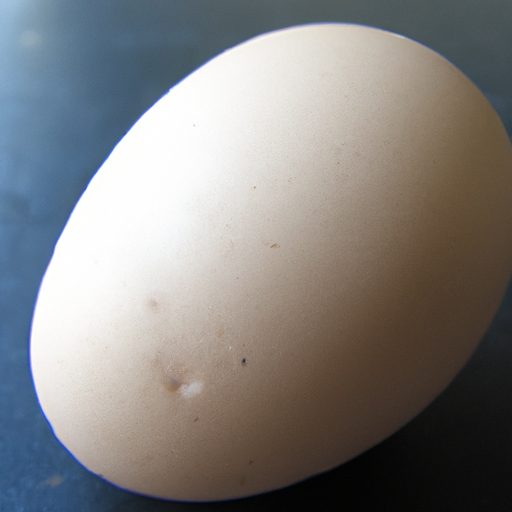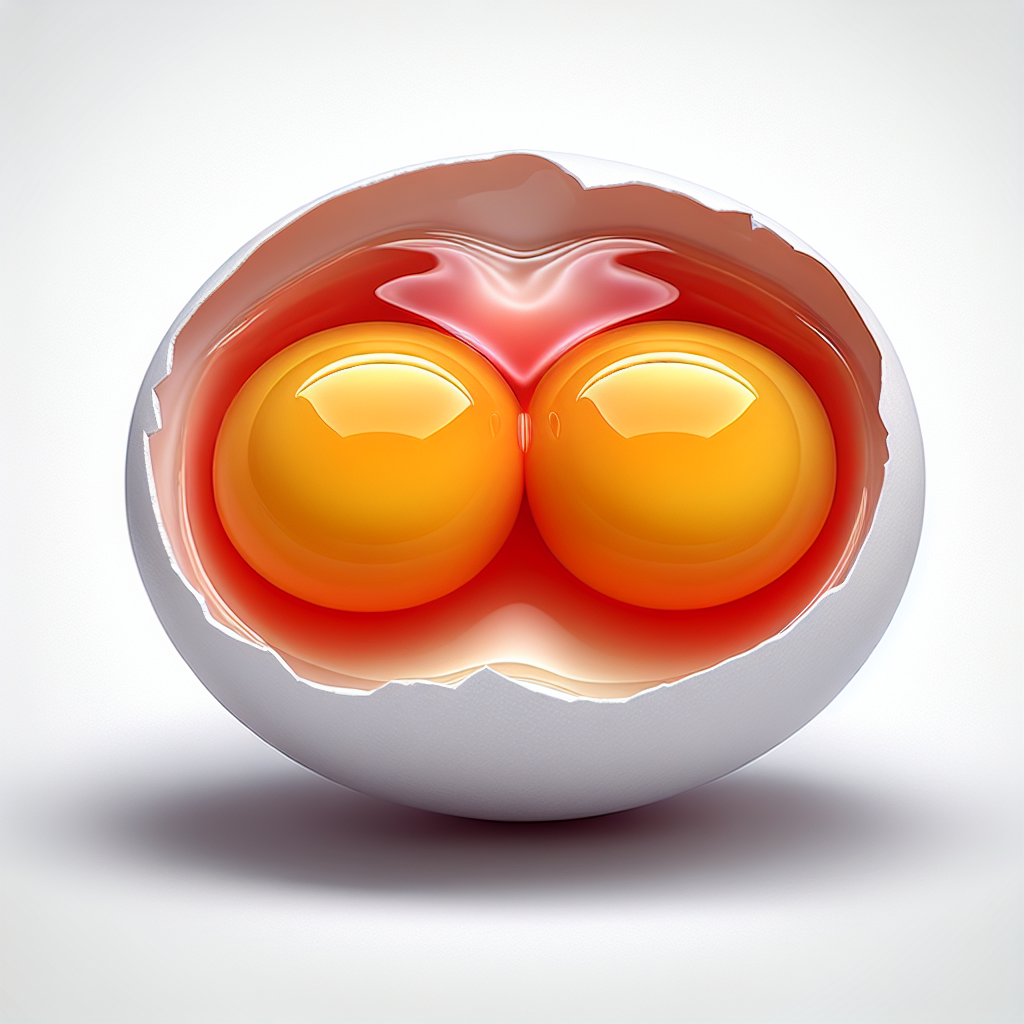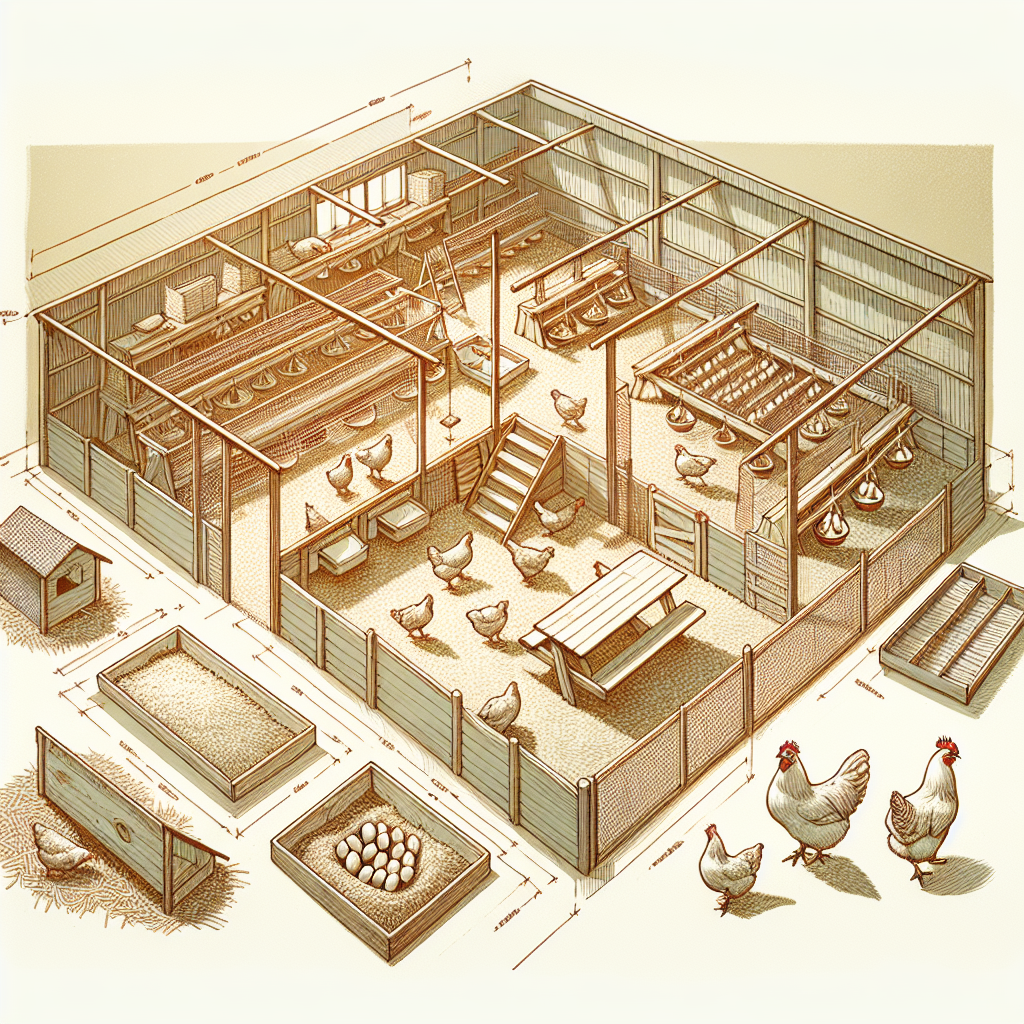Have you ever wondered why some of your chicken eggs turn out irregularly shaped or have soft shells? It’s a common concern among poultry enthusiasts, but luckily, there are a few reasons behind these peculiarities. The shape of an egg is determined by a hen’s reproductive system, and sometimes, they simply can’t produce perfectly oval eggs. As for soft shells, it could be due to a calcium deficiency in the hen’s diet or a lack of proper calcium absorption. So, if you’ve been puzzled by these unusual eggs, fear not! There are solutions to help your chickens lay healthier and more uniform eggs.
Causes of Irregularly Shaped Eggs
Size Variation
One possible cause of irregularly shaped eggs is size variation among the hens. If there is a significant difference in the size of the eggs produced by the same hen, it could be due to a problem with egg formation or the reproductive system.
Age of the Hen
The age of the hen can also play a role in the shape of the eggs. Young hens who have just started laying eggs may produce irregularly shaped eggs as their reproductive system develops and adjusts. On the other hand, older hens may also produce irregularly shaped eggs as their reproductive system starts to decline with age.
Stress or Disturbance
Stress or disturbance can be another factor contributing to irregularly shaped eggs. Hens that are exposed to excessive noise, frequent handling, or other stressful conditions may experience disruptions in their egg-laying process, resulting in irregularly shaped eggs.
Genetics
Genetics can also play a role in the shape of eggs. Some breeds are more prone to producing irregularly shaped eggs due to their genetic makeup. In such cases, it is important for breeders to select breeding stock carefully to avoid perpetuating this issue.
Nutritional Deficiency
A lack of essential nutrients, such as protein or certain vitamins and minerals, can lead to irregularly shaped eggs. Hens require a balanced diet to support proper egg formation, and if they receive inadequate nutrition, their eggs may develop irregular shapes.
Causes of Soft-Shelled Eggs
Calcium Deficiency
One of the primary causes of soft-shelled eggs is a calcium deficiency. Calcium is essential for the formation of strong eggshells. When hens lack a sufficient amount of calcium in their diet, their bodies are unable to produce shells that are hard and sturdy, resulting in soft-shelled eggs.
Vitamin D Deficiency
Vitamin D plays a vital role in calcium absorption, and without sufficient levels of this vitamin, hens may struggle to utilize calcium effectively. As a result, their eggshells may become soft and fragile.
Excessive Heat or Cold
Extreme temperatures can also contribute to the production of soft-shelled eggs. Hens exposed to excessive heat or cold stress may experience disruptions in their eggshell development, leading to softer shells.
Infectious Diseases
Certain infectious diseases can interfere with the egg formation process and result in soft-shelled eggs. Bacterial or viral infections that affect the reproductive system can disrupt the production of strong eggshells, leading to soft-shelled eggs.
Hormonal Imbalance
Hormonal imbalances can disrupt the egg-laying process and lead to the production of soft-shelled eggs. If a hen’s hormones are not properly regulated, her reproductive system may not function optimally, resulting in the formation of eggs with weaker shells.
Symptoms of Irregularly Shaped Eggs
Deformed Shapes
Irregularly shaped eggs often exhibit noticeable deformities that differ from the typical oval shape. These deformities can include eggs that are elongated, elongated on one end, or irregularly rounded.
Abnormal Texture
In addition to their irregular shapes, these eggs may also have an abnormal texture. The shells may feel rough or bumpy, indicating a problem in the egg formation process.
Uneven Surface
Irregularly shaped eggs often exhibit an uneven surface, with areas that appear wrinkled or lumpy. This unevenness can be a result of abnormalities in the shell formation process.
Misshapen Shells
Irregularly shaped eggs may have misshapen shells that do not follow the normal smooth and symmetrical pattern. These shells may have dents, bumps, or other abnormalities.
Symptoms of Soft-Shelled Eggs
Rubbery Texture
Soft-shelled eggs have a distinct rubbery texture that is easily distinguishable from eggs with normal shells. When touched, these eggs often feel squishy, lacking the firmness and solidity of eggs with proper shells.
Easily Crushed Shells
One of the primary symptoms of soft-shelled eggs is their susceptibility to being crushed easily. Hens may accidentally crush these eggs with their feet or while nesting, causing a mess and potential health risks.
Pliable or Wrinkled Shells
Soft-shelled eggs may exhibit a pliable or wrinkled exterior. When squeezed gently, these eggs may fold or wrinkle, indicating the lack of structural integrity in their shells.
Thin or Transparent Shells
Soft-shelled eggs often have shells that are noticeably thinner than those of normal eggs. In severe cases, the shells may even appear transparent, allowing visibility through the shell.
Prevention of Irregularly Shaped Eggs
Quality Breeding Stock
Choosing quality breeding stock is essential for preventing irregularly shaped eggs. Selecting hens from reputable breeders who prioritize genetic characteristics like proper egg shape can minimize the risk of irregularities in future generations.
Correct Nutrition
Providing hens with a well-balanced diet is crucial for egg formation. Ensuring they receive adequate amounts of protein, vitamins, and minerals, can help promote the development of properly shaped eggs.
Adequate Space and Comfort
Hens that are overcrowded or exposed to stressful environments may have disrupted egg-laying patterns. Providing hens with sufficient space, comfortable nesting areas, and a stress-free environment can minimize the likelihood of irregularly shaped eggs.
Stress Reduction
Reducing sources of stress, such as excessive noise, frequent disturbances, or abrupt changes in the environment, can help maintain healthy egg formation. A calm and stable environment is essential for hens to produce well-formed eggs.
Prevention of Soft-Shelled Eggs
Balanced Diet with Calcium-Rich Foods
Ensuring hens receive a balanced diet rich in calcium is essential for preventing soft-shelled eggs. Incorporating calcium-rich foods, such as oyster shells or crushed eggshells, into their diet can help meet their calcium requirements.
Adequate Exposure to Sunlight
Allowing hens to roam freely and receive adequate sunlight exposure is crucial for their overall health, including proper eggshell formation. Sunlight helps hens naturally produce vitamin D, which aids in calcium absorption.
Maintaining Optimal Temperatures
Maintaining optimal temperatures is vital in preventing the production of soft-shelled eggs. Avoiding extreme heat or cold stress can help ensure that hens’ reproductive systems function optimally.
Good Hygiene Practices
Practicing good hygiene, such as regularly cleaning nesting areas and providing clean bedding, can help prevent bacterial infections that may contribute to soft-shelled eggs. Creating a clean and sanitary environment is essential for hen health and egg quality.
Treatment for Irregularly Shaped Eggs
No Specific Treatment Required
In most cases, irregularly shaped eggs do not require specific treatment. As long as they do not pose any health risks to the hens or impact their ability to lay eggs, irregularly shaped eggs can be consumed or used as usual.
Supplemental Calcium
Providing hens with supplemental calcium, such as calcium supplements or crushed eggshells, can help support eggshell formation and potentially improve the shape of future eggs. It is important to consult with a veterinarian or poultry expert for proper dosage and administration.
Proper Diet and Sanitation
Ensuring hens receive a proper diet and maintaining a clean and sanitary environment can also aid in the treatment of irregularly shaped eggs. These measures can help support healthy egg formation and prevent any potential underlying causes.
Treatment for Soft-Shelled Eggs
Calcium or Vitamin D Supplements
Supplementing hens’ diet with calcium or vitamin D supplements can be an effective treatment for soft-shelled eggs caused by deficiencies. These supplements can help correct the imbalance and support the formation of stronger eggshells.
Hormonal Treatments
In cases where hormonal imbalances are the underlying cause of soft-shelled eggs, hormonal treatments prescribed by a veterinarian may be necessary to restore proper reproductive function and eggshell quality.
Addressing Underlying Infections or Diseases
If soft-shelled eggs are caused by underlying infections or diseases, appropriate veterinary care is essential. Treating the infection or disease can help restore the hens’ reproductive health and ensure the production of eggs with normal shells.
Potential Health Risks of Irregularly Shaped Eggs
Decreased Hatchability
Irregularly shaped eggs may have decreased hatchability compared to eggs with normal shapes. The irregularities in shape can interfere with the proper development of the embryo, leading to lower hatch rates.
Egg Breakage
Due to their irregular shapes, these eggs may be more prone to breakage during handling or transportation. This can result in a loss of the egg’s contents and potential contamination.
Decreased Market Value
Irregularly shaped eggs may have reduced market value due to their unconventional appearance. Consumers often expect eggs to have a certain shape, and irregularities may lead to lower demand or lower prices in the market.
Potential Health Risks of Soft-Shelled Eggs
Egg Breakage
Soft-shelled eggs are highly susceptible to breakage, which can result in a mess and potential contamination. Broken shells provide a breeding ground for bacteria, increasing the risk of foodborne illnesses.
Increased Risk of Infection
The soft and fragile nature of these eggs can make it easier for bacteria to penetrate the shells, leading to an increased risk of infection. Consuming contaminated eggs can cause illnesses such as salmonella poisoning.
Reduced Fertility
Soft-shelled eggs may have reduced fertility rates due to the compromised quality of the shells and potential damage to the developing embryos. This can lead to decreased hatchability and impact the overall productivity of the flock.
By understanding the causes, symptoms, prevention, and treatment options for irregularly shaped and soft-shelled eggs, poultry owners can take the necessary steps to ensure the health and well-being of their hens and the quality of their eggs. Proper nutrition, a stress-free environment, and regular veterinary care are vital to promoting optimal eggshell formation and maximizing the productivity of the flock. Remember, a healthy hen lays healthy eggs!




